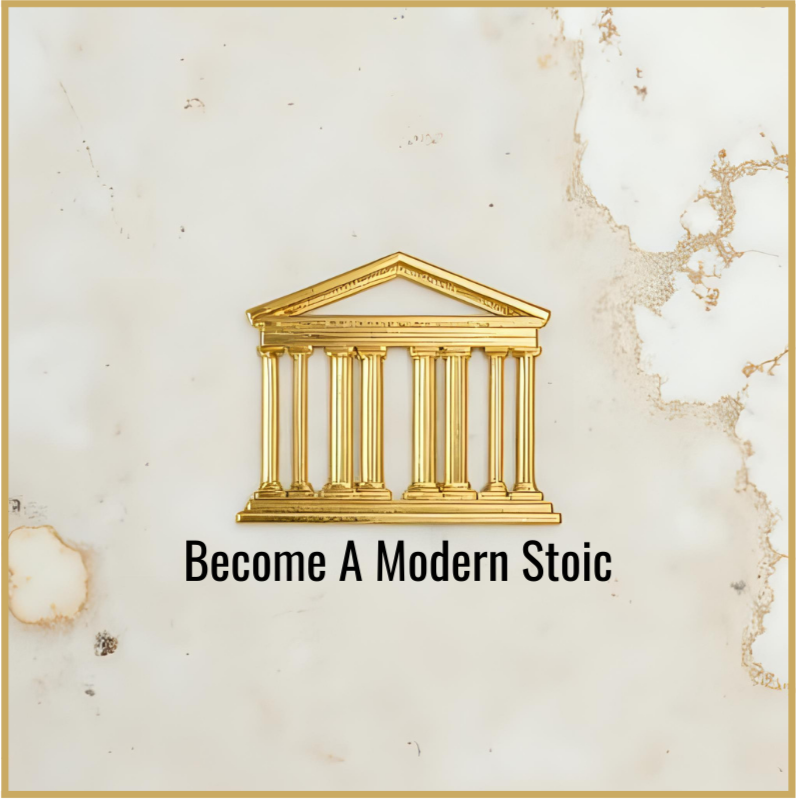Medicine of the mind
Stoicism is an ancient philosophy that teaches the art of inner peace. It helps you focus on what you can control, accept what you cannot, and live with wisdom, courage, justice, and self-discipline. In a world full of stress and noise, Stoicism is medicine for the mind, it calms emotions, builds resilience, and guides you toward a balanced, meaningful life.
A Life of character
Stoicism teaches that being a good person means living with virtue, treating others with fairness, acting with courage, and staying true to your values. It is not about perfection, but about choosing what’s right, even when it’s hard.
Personal development
Stoicism is more than philosophy, it is a guide to living with clarity, resilience, and purpose. By focusing on what we can control and letting go of what we can’t, Stoicism empowers us to grow, strengthen our character, and navigate life with wisdom.
Control
One of the central ideas in Stoic philosophy is the dichotomy of control, the clear distinction between what is within our control and what isn’t.
Present
The Stoics believed that the present moment is all we truly have. The past is gone, the future is uncertain, but the present is within our reach.
Virtues
For the Stoics, the goal of life is simple but demanding: to become a good person in life. This means living with virtue.
